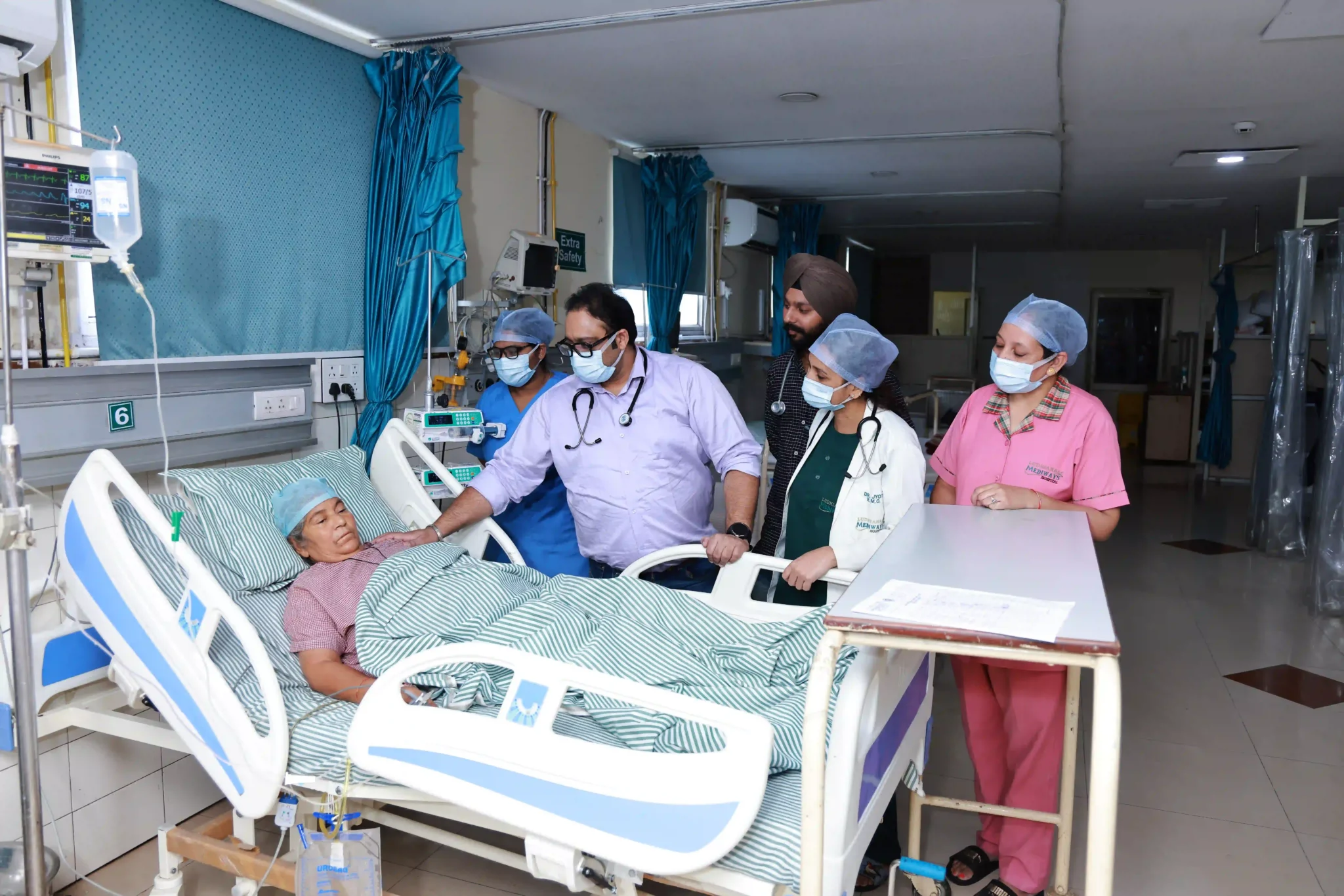- Departments
- Oncology & Onco Surgery
- Cardiac Sciences
- Cardiac Sciences
- Neurosciences
- Orthopaedics & Joint Replacement
- Plastic, Reconstructive & Cosmetic Surgery
- Nephrology & Urology
- Obstetrics & Gynaecology
- General Surgery & Minimal Access Surgery
- Internal Medicine, Pulmonary & Critical Care
- Physiotherapy & Rehabilitation Services
- Radiology & Imaging Sciences
- Dietetics & Clinical Nutrition


- Our Specialists
- Heart Care Center
- Max Lab
- Facilities

